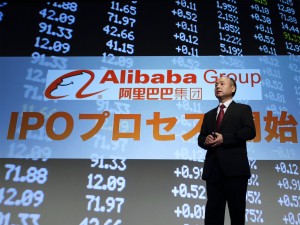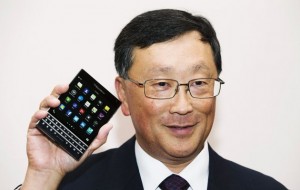The Beijing-based company’s initial public offering (IPO) started trading on September 20th, 2014 but shareholders who are buying in are taking a risk with their money that could have serious long-term repercussions.
Because Chinese law forbids foreign ownership and investment in Internet businesses, Alibaba shareholders will not own part of the company but instead own shares from a shell company in the Caymen Islands. This shell company is called a variable interest entity (VIE) and was established for the sole purpose of being the loophole for Chinese internet companies’ foreign investment. This VIE is connected contractually to Alibaba’s profits which exchanges revenue for investment.
Although this partnership is ambiguously legal, the China government has mostly turned a blind eye towards the VIE and their role as a loophole in Chinese law. This means that China courts (and in a recent case, the Supreme Court) can rule to invalidate the contract between the China company and the VIE. For foreign investors, this can cut off future profits; this risk applies to both the experienced investor as well as the novice and creates a bigger loss, the more one invests. Despite warnings from the US-China Economic and Security Review Commission that VIEs are a “complex and highly risky mechanism”, I agree that there is great potential in China’s burgeoning market and the opportunity to take advantage of it far outweighs the risks.

References:
http://online.wsj.com/articles/alibabas-political-risk-1411059836
http://www.bloombergview.com/quicktake/chinas-fraught-ipos?_ga=1.223024733.711348152.1412056375
http://www.bloomberg.com/news/2014-06-26/alibaba-picks-new-york-stock-exchange-as-venue-for-largest-ipo.html




